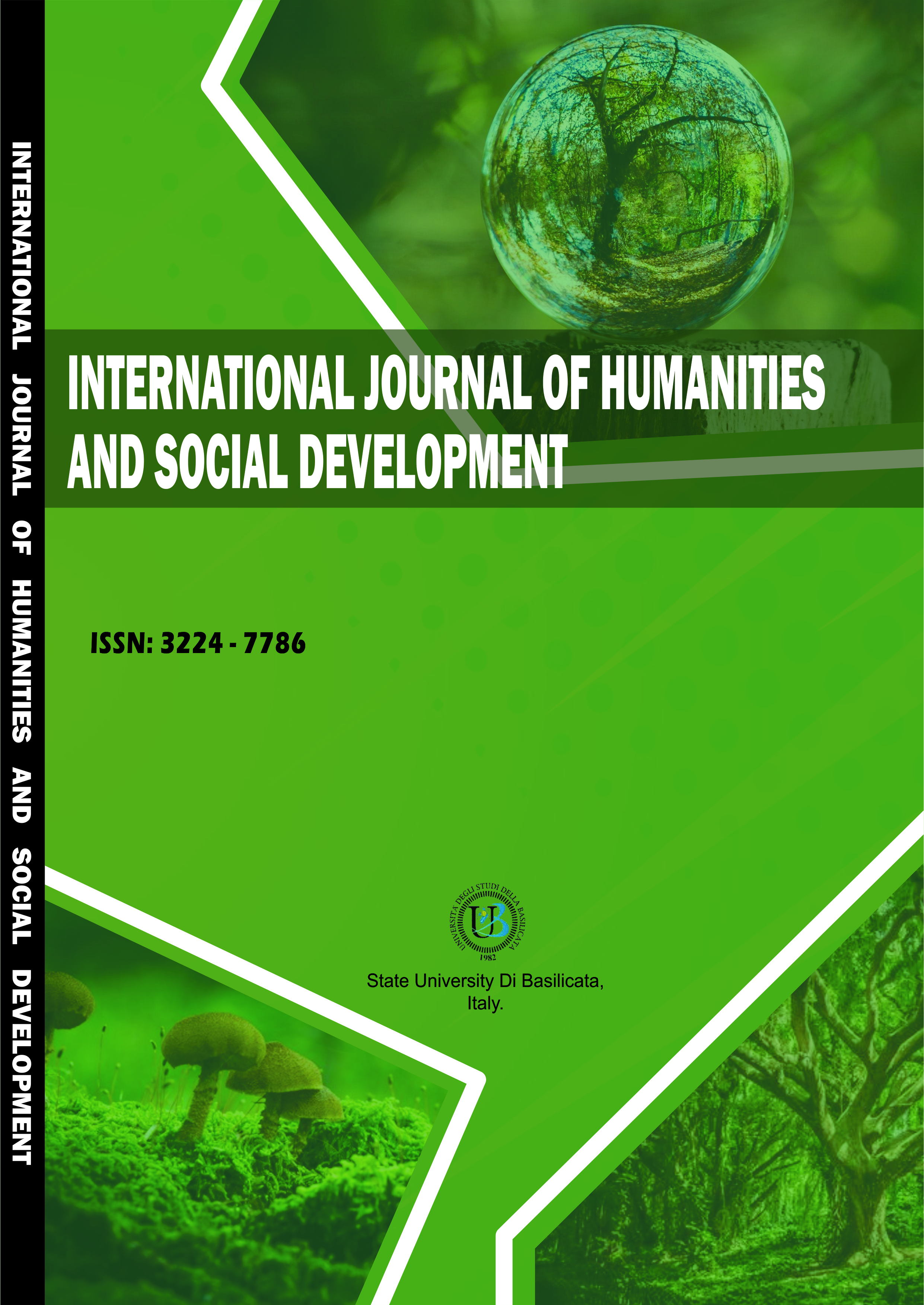INTERNATIONAL JOURNAL OF HUMANITIES AND SOCIAL DEVELOPMENT (IJHSD)
THEORY OF HUMAN NATURE: A REFUTATION OF HOBBES
E-ISSN: 2133 - 3762
P-ISSN: 3224 - 7786
DOI: https://iigdpublishers.com/article/843
The understanding of human nature has been a major focus of philosophy since ancient times. Philosophers have offered diverse perspectives on human nature reflecting varying theories and emphases. Plato submits that man is rational because he is ruled by reason, but can behave irrationally if appetite controls him. The idea that humans are moral and reasonable beings but may be irrational sometimes is also reflected in the Aristotelian theory of bipartite human soul. Aristotle adds that man is a social being; hence, he loves interactions and relationships with other men and does not approve of isolated life. The centrality of rationality and morality in human behavior can also be found in Locke, Rousseau, Kant and many other modern philosophers and theorists. This study examines Thomas Hobbes‘s theory of human nature. It highlights the pessimistic and crude view of human nature by Hobbes. For Hobbes, humans are moved by desires rather than reason, hence, they are egoistic, self-centered, acquisitive and confrontational. Using philosophical refutation as its theoretical and methodological frameworks of analysis, this work argues that Hobbes‘s theory of human nature is parochial and largely reductive. The theory is narrow and overgeneralizes the potentials of human irrationality and ignores the realities of altruism, empathy and cooperation in human existence.
ONYEUKWU UCHECHUKWU
Aristotle (1988). Nicomachean Ethics, Translated by Jonathan Bams; Princeton: Princeton University Press.
Brow, Rudul (ed.) (2005). The Morality of Diplomatic Relationships: London: Macmillan Educational Publishing Company.
Castelnérac, B., & Marion, M. (2009). Arguing for Inconsistency: Dialectical Games in the Academy. In Acts of Knowledge: History, Philosophy and Logic, eds. G. Primiero & S. Rahman, London: College Publications.
Coleman, J. (1989). Psychology of Adolescent, Enugu: Fourth Dimension Publishers.
Heine, S. J., & Buchtel, E. E. (2009). Personality: The Universal and the Culturally Specific. The Annual Reviews of Psychology. Doi 10.1146/annualrev.psych.60.110707.163655
